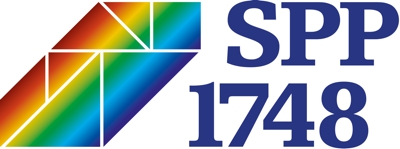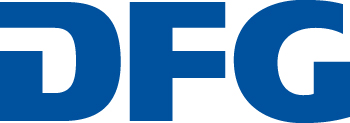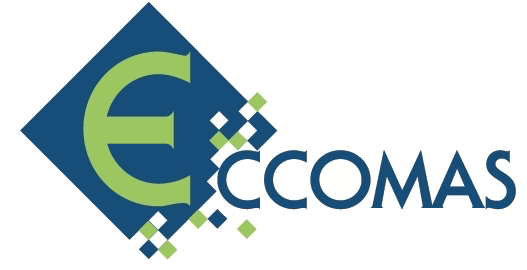odern inite lement echnologies
Bad Honnef, 01 - 03 July 2019
SCIENTIFIC AREAS
Numerical simulation techniques are an essential component for the construction, design
and optimisation of cutting-edge technologies as for example innovative products,
new materials as well as medical-technical applications and production processes. These
important developments pose great demands on quality, reliability and capability of numerical
methods, which are used for the simulation of these complex problems. Challenges
are for example treatment of incompressibility, anisotropy and discontinuities. Existing
computer-based solution methods often provide approximations which cannot guarantee
substantial and necessary stability criteria. Especially in the field of geometrical and material
non-linearities such uncertainties appear. Typical problems are insufficient or even
pathological stress approximations due to unsuitable approximation spaces as well as weak
convergence behaviour because of stiffening effects or mesh distortion. Similar problems
arise in the framework of crack and contact problems. Here the resolution of the local
discontinuities as well as their evolution plays a key role. The thematic ECCOMAS conference
has the goal to establish a platform for the scientific exchange between mechanics,
mathematics and applications in the area of non-conventional discretisation methods.
The conference addresses new developments in the field of numerical simulation technologies
and their mathematical analysis. The motivation of the conference lies basically
in the strong interplay between mathematics and mechanics – in particular for state
of the art problems (geometrically and physically non-linear problems, e.g. associated
with inelastic models or phase transitions; difficulties associated with anisotropies and
incompressibility).
Possible scientific areas are (but not limited to):
Mixed and hybrid finite elements
Discontinuous Galerkin methods
Immersed-boundary methods
Least-squares finite elements
Stochastic finite element methods
Phase Field techniques



